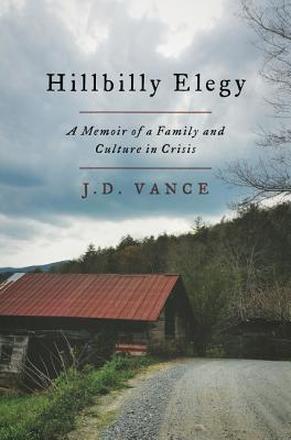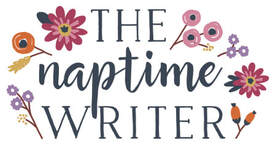 This weekend I settled in to read J. D. Vance’s Hillbilly Elegy, a buzzed-about book which has been touted as a particularly necessary read during these post-Trump election times. Hillbilly Elegy is immensely readable and immensely worthwhile. The book was revelatory to me on its own merits (i.e. as a memoir), but also because it gave me more insight into my own extended family and the general patterns of thinking and behavior amongst some white Americans which are difficult for me to understand. Vance grew up in Middletown, Ohio but also spent a great deal of time with his extended family in Jackson, Kentucky. His descriptions of where he started and how he got to where he is--a Yale Law graduate and writer with a successful marriage and career--form the meat of this memoir. Vance’s childhood and adolescence were tumultuous, to say the least. His mother is an addict who sometimes behaved erratically, and who repeatedly relocated her family as she started and ended relationships with her romantic partners. His biological father, who observes a strict adherence to his religious faith, gave up his parental rights to Vance but established a relationship with him later in his youth. In short, Vance (and his sister, Lindsay) had their share of problems to confront. Yet Vance left Middletown, Ohio for the Marines, and then went on to Ohio State University where he graduated early, and then attended Yale Law School. Vance credits his Mamaw and Papaw (his grandparents, for those of you unfamiliar with those titles) for providing him with stability, as well as his sister Lindsay, his Aunt Wee, and other role models, but he doesn’t discount the importance of personal agency, either. What Vance says is that where we grow up (the families and communities we grow up in) has a tremendous influence on our attitudes and our expectations. He cites studies which indicate that “There is no group of Americans more pessimistic than working-class whites,” a group which he counts his family (and some degree, himself) among. This information is particularly compelling when we, like Vance, consider it alongside how this same group of people has largely been so dismissive of President Obama and eager to embrace fake news (by the way: I'm not saying that these attitudes are only confined to working-class whites). Vance details his own troubled childhood and the lives of those around him to show how critical “the home” is for “hillbillies” like Vance and his family. Vance is quick to state that he is unaware of “what the answer is, precisely, but I know it starts when we stop blaming Obama or Bush or faceless companies and ask ourselves what we can do to make things better.” I mentioned earlier that this book gave me many potential insights into some of my own extended family's dynamics. My father’s family has been one that has struggled with addiction for I don’t know how many years. For the last hundred+ years, they seem to have lived in Kentucky, largely in rural Shelby and Henry counties. I didn't hear the word "hillbilly" a lot growing up, but I did hear "redneck" quite a lot, and I made a deliberate decision to try to speak without an accent when I was a pre-teen. Though my own childhood was relatively drama-free, I witnessed a couple of upsetting episodes amongst my extended family, and I heard about even more through the usual channels of family gossip. When I attempted to research that family history a couple of years ago, I discovered that not only had my grandpa struggled with addiction, but his parents had lost several children due to drowning and drinking bad milk, amongst other reasons, and his dad left the family; my grandpa’s grandpa committed suicide, leaving behind a wife and children; and my grandpa’s great-grandpa was hanged for killing his father-in-law. In other words, it seems like a long line of deep-seated issues—generations of disturbed men, and I don’t say that flippantly—many issues which I can guess at but don’t feel comfortable speculating. I would argue that my dad broke the cycle. He had flaws—like every other person in the world—but he was an excellent father and an excellent role model. Anyone who knew about the family that he grew up in wondered how he managed to make it out and thrive like he did. I’ve long wondered about the role that “the home”—one’s environment, and also, one’s genetics—play in family development, particularly in isolated rural communities, and how we reconcile that with we can do and choose to do by making our own decisions. I loved this book because Vance’s life was interesting and even inspirational, and I enjoyed reading about someone else who calls their grandparents Mamaw and Papaw like I do, and who loves his family even while suffering under the demands placed upon him by some of those family members. But what I loved most is how Vance writes about the role that our past plays on us in rural communities like where I grew up—how it shapes our actions and who we are and who we become—but how he also emphasizes our own agency in the process. I’ll take Vance’s thoughts with me as I continue to consider how my family ended up the way that it did—with my dad blazing his own path—and when I think about my hopes for son’s future. And finally, when I think about where things stand in our country politically. I don't think that "hillbilly" problems will be solved quickly, but it seems like Vance's book provides more illumination and allows us to see them better.
0 Comments
Leave a Reply. |
About me.Give me that HEA, please.
Join my mailing list.Want to receive a weekly email with links to my latest blog posts? Sign up below!
Archives
April 2024
Categories
All
|

 RSS Feed
RSS Feed
